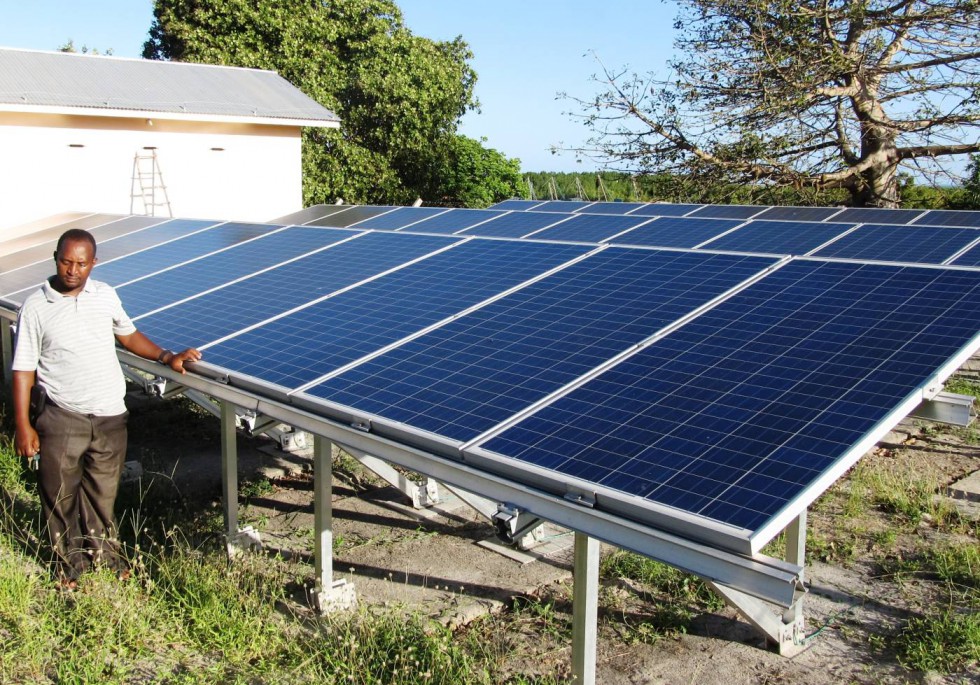Climate Change Resilience Projects
The scientific evidence is overwhelming:
The climate is changing, and human activity is the primary factor in the acceleration of climate change over the past century.
Regardless of how successful humans are at limiting the root causes of our warming planet, society is facing significant impacts—from more frequent and severe weather, ocean warming and acidification, extended periods of drought and extreme temperatures, and other deleterious effects of climate change. Making buildings, systems, and communities more resilient to shocks and stresses requires understanding the concept of risk and how to manage it.
